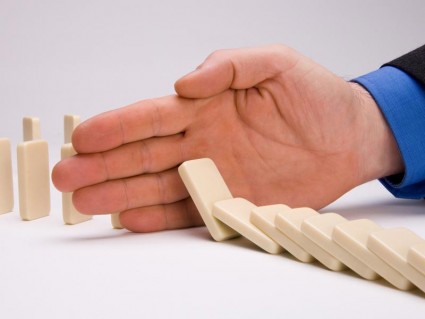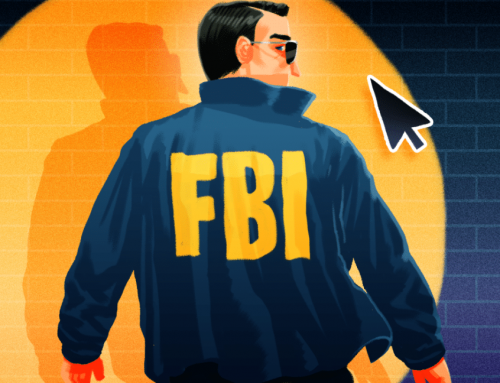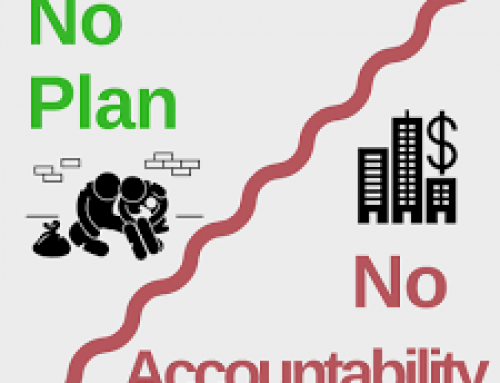November 16, 2015
By: Bobby Casey, Managing Director GWP
The 5th largest economy in the world and 2nd largest economy in Europe, how France handles the recent events will be critical to EU health.
 It’s true, life doesn’t come with a “user manual”. We are all pretty much winging it. Some of us may have received some sage advice earlier on or learned from personal mistakes, but by and large life is trial and error for everyone. But while there is no user manual, there is a very profound poem by Rudyard Kipling called “If” that comes damn close. The first line reads: “If you can keep your head when all about you are losing theirs and blaming it on you…”
It’s true, life doesn’t come with a “user manual”. We are all pretty much winging it. Some of us may have received some sage advice earlier on or learned from personal mistakes, but by and large life is trial and error for everyone. But while there is no user manual, there is a very profound poem by Rudyard Kipling called “If” that comes damn close. The first line reads: “If you can keep your head when all about you are losing theirs and blaming it on you…”
We have very little control over what happens around us as a result of other people’s choices, but we have 100% control over how we interpret it and handle the aftermath. While politicians see tragedy and crisis as opportunities, private individuals are presented with several choices, albeit very difficult ones.
When staring down a financial crisis, governments are quick to scramble up a new batch of bureaucrats to appease the masses while giving the impression that solutions are being manufactured by these brain trusts. A lot of sympathetic rhetoric soars, but so does a lot of blame. Blame is not the same as finding the root cause of a problem. Blame is like a shot of cocaine: gives everyone a feel-good rush, but you quickly slip back into the real world problems.
The same can be said for social or civil crises. Whether we are talking about Pearl Harbor or 9/11, the politicians want us focused on WHO did it. But why? It’s already done and the government has proven several times over that all their spying and monitoring is absolutely worthless when it comes to prevention. What’s done is done. The question we should be asking is WHY. In the case of Pearl Harbor, the answer is: an excuse to enter WW2. In the case of 9/11, the answer is: an excuse to spy on everyone, restrict their travel, confiscate wealth, and skip due process entirely.
This is the aftermath of another horrific tragedy, this time in Paris. All the dust is in the air, tensions are high, emotions are unhinged, and panic is everywhere. If you can keep your head when all about you are losing theirs and blaming it on you… Does the west play victim and lose its head? More wars and debt? More spying and restricting? More blaming and scapegoating? Or does the west take a deep breath and keep it together? Resolve to rebuild, move forward, and responsibly figure out a way to both repair and prepare?
Tragedy is not undone by more tragedy. Debt can’t be eliminated through more debt.
I shudder to think what will become of the Eurozone once the politicians figure out their official position on it. While I lament the loss of those who died, I am fearful for those who have survived and what is in store for them in the name of “safety”.
So far, President Holland declared three days of mourning as well as a state of emergency, which involves the following measures until further notice:
- Reinforced controls at French borders and for all transport to and from other countries.
- A reinforced military presence in Paris, with the possibility that curfews may be introduced.
- Public events (sport, cultural and entertainment) may be cancelled when public security is believed to be at risk.
- Additional security and police controls (including the ability to conduct home searches at any time without warning).
As we mentioned earlier, leading up to this event, the global market was already experiencing a noticeable slump in activity… technically it lost $10 TRILLION in value over the course of three months. Some even say we are officially in a global recession, but Keynesian economists and politicians are just in denial.
It would be irresponsible to blame the events in France for problems already well in the making months before November 13, 2015. Still, these events add uncertainty. And depending on how long people and governments insist upon being fearful, that uncertainty can lead to a worse outcome than what was already going to happen. How long will people be afraid to go to auditoriums and theaters? How long will people be afraid to attend sporting events? Economists anticipate this to be a short term stall, but we should expect a new fact to “business as usual” in France as right wing politicians capitalize on the nationalistic security measures they will likely impose.
Economics is like nature in that it is quite apathetic toward what people are going through. A tornado doesn’t factor in whether you can afford the damage it will do to your house before striking it. The economy doesn’t suspend itself because folks are going through a rough patch. The only ones capable of such considerations are people, the same people who are capable of keeping the economy going and pushing the proverbial car out of the mud.
France is one of the more stable economies within the EU, although it didn’t perform all too well this year. There is a lot of corporate debt and it’s climbing. Gilles Moec at Bank of America (who also happens to be the former head of international macroeconomics at France’s central bank) says with regard to QE and artificially low interest rates:
“…cheap credit can trigger a process of “zombification” of the corporate sector by keeping fundamentally unsound businesses alive, which, down the road, would damage growth potential by keeping resources skewed toward the least productive sectors.”
France was already underperforming compared to the other countries in the EU this year. I want prosperity. I want everyone to have it, including the people of France. But they cannot afford to ride the fence on economic matters, nor can they allow fear to take charge of their checkbook. France cannot do anything about the damage that has already been done other than clean up and rebuild; but it can do a lot for the surviving population and businesses. And it absolutely MUST. That imperative goes twice for individuals in France: you must move forward, you must build, you must continue to innovate, and you must fortify your relationship with the global market.
I sincerely hope France looks at the United States on what not to do. Do not bury yourselves in an endless war in pursuit of ghosts and dragons in the sand. Do not compound the debts of your nation or union. Do no cut off your economic nose to spite your nationalistic face.
GWP wishes a speedy recovery for France and peace for the victims and their families.




